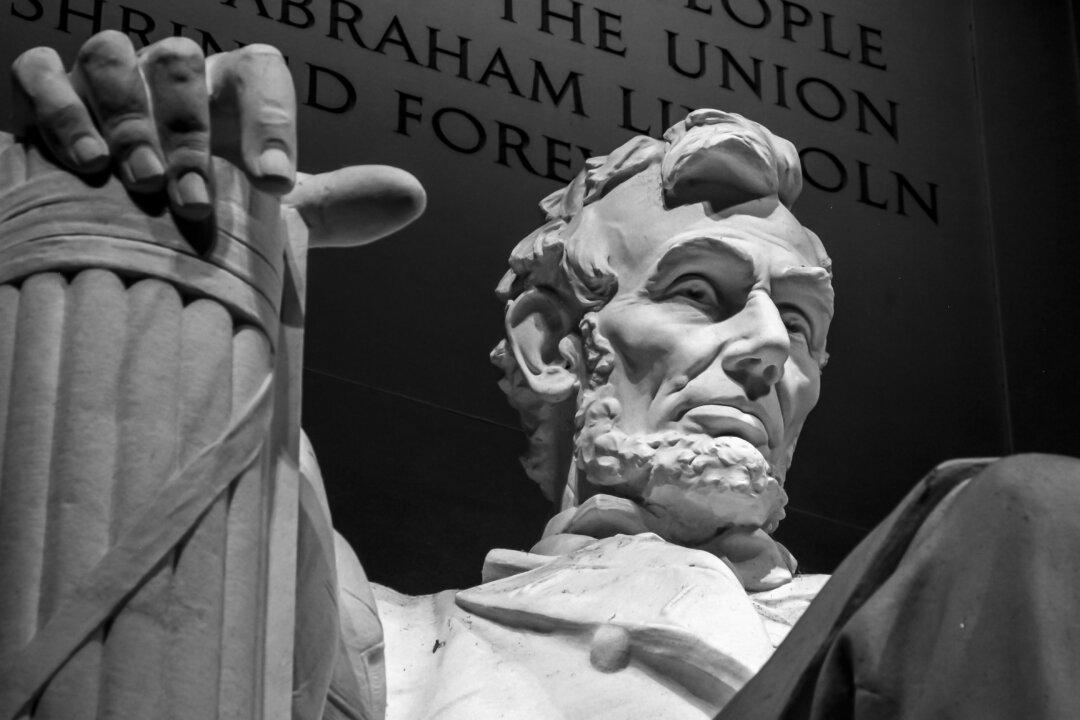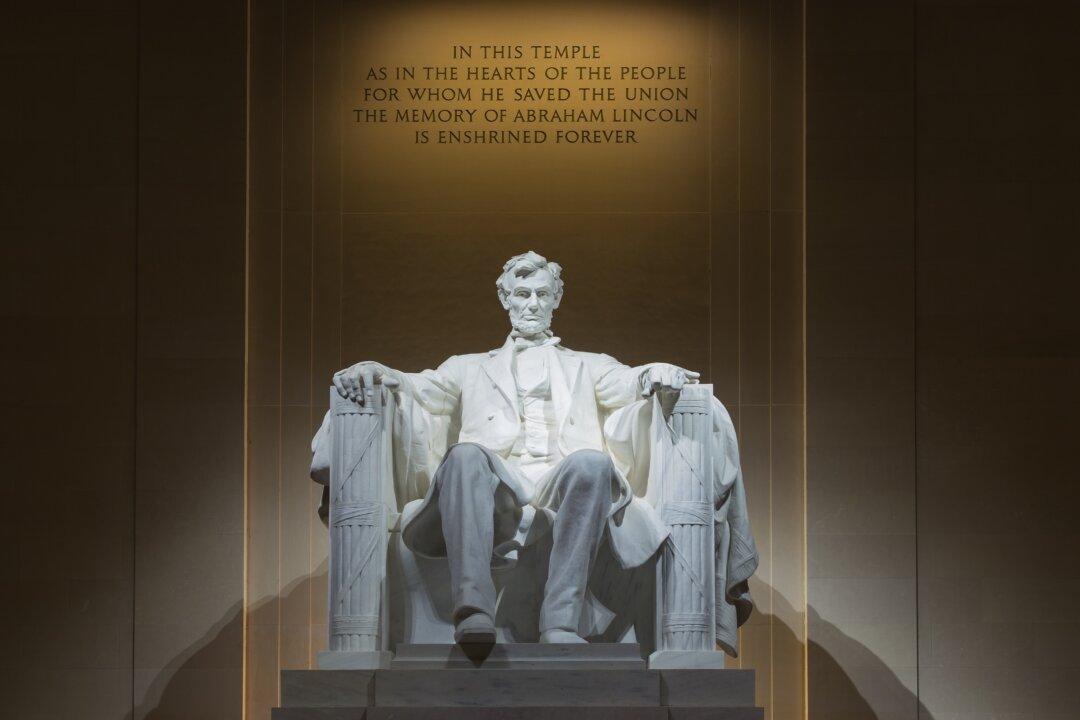Invoking the Earnest Emotions Behind the Words
That is the issue that will continue in this country when these poor tongues of Judge Douglas and myself shall be silent. It is the eternal struggle between these two principles—right and wrong—throughout the world. They are the two principles that have stood face to face from the beginning of time, and will ever continue to struggle. The one is the common right of humanity and the other the divine right of kings.
—Reply to Stephen Douglas; October 15, 1858
In a great national crisis like ours unanimity of action among those seeking a common end is very desirable—almost indispensable. And yet no approach to such unanimity is attainable unless some deference shall be paid to the will of the majority simply because it is the will of the majority.
—Message to Congress; December 6, 1864
A house divided against itself cannot stand. I believe this government cannot endure permanently half slave and half free. I do not expect the Union to be dissolved—I do not expect the house to fall—but I do expect it will cease to be divided. It will become all one thing, or all the other.
—Speech accepting the Republican nomination for Senate; June 16, 1858
Our reliance is in the love of liberty which God has planted in our bosoms. Our defense is in the preservation of the spirit which prizes liberty as the heritage of all men, in all lands, everywhere.
—Speech at Edwardsville, Illinois; September 11, 1858
The Art of Rhetoric
Ladies and Gentlemen, I have no speech to make to you, and no time to speak in. I appear before you that I may see you, and that you may see me; and I am willing to admit, that, so far as the ladies are concerned, I have the best of the bargain, though I wish it to be understood that I do not make the same acknowledgment concerning the men.
—Address at Utica, New York; February 18, 1861
I am not accustomed to the language of eulogy. I have never studied the art of paying compliments to women. But I must say, that if all that has been said by orators and poets since the creation of the world in praise of women were applied to the women of America, it would not do them justice for their conduct during this war. I will close by saying, God bless the women of America!
—Address to the Sanitary Fair in Washington D.C.; March 18, 1864
I have always thought that all men should be free; but if any should be slaves, it should be first those who desire it for themselves, and secondly those who desire it for others. Whenever I hear any one arguing for slavery I feel a strong impulse to see it tried on him personally.
—Address to the 140th Indiana Regiment; March 17, 1865
I leave you, hoping that the lamp of liberty will burn in your bosoms until there shall no longer be a doubt that all men are created free and equal.
—Reply to Stephen Douglas; July 10, 1858
I am rather inclined to silence, and whether that be wise or not, it is at least more unusual nowadays to find a man who can hold his tongue than to find one who cannot.
—Address at Monogahela House in Pittsburgh; February 14, 1861
Extemporaneous speaking should be practiced and cultivated. It is the lawyer’s avenue to the public. However able and faithful he may be in other respects, people are slow to bring him business if he cannot make a speech. And yet there is not a more fatal error to young lawyers than relying too much on speech-making.
—Fragment; written circa July 1850
Fellow–citizens, I am very greatly rejoiced to find that an occasion has occurred so pleasurable that the people cannot restrain themselves.... I see you have a band of music with you. I propose closing up this interview by the band performing a particular tune which I will name. Before it is done, however, I wish to mention one or two little circumstances connected with it. I have always thought “Dixie” one of the best tunes I have ever heard. Our adversaries over the way attempted to appropriate it, but I insisted yesterday that we fairly captured it. I presented the question to the Attorney General, and he gave it as his legal opinion that it is our lawful prize.
—Lincoln’s spontaneous address to a crowd that had gathered at the White House to celebrate news of General Lee’s surrender; April 10, 1865





